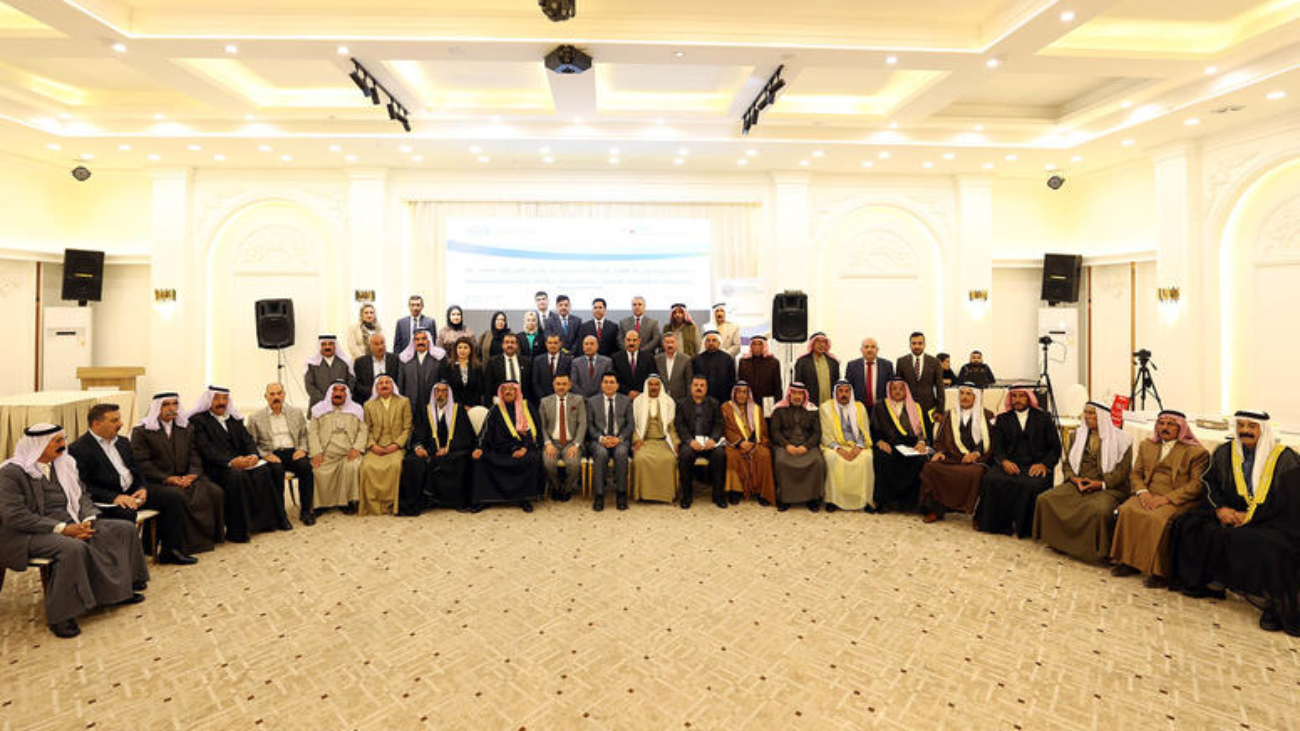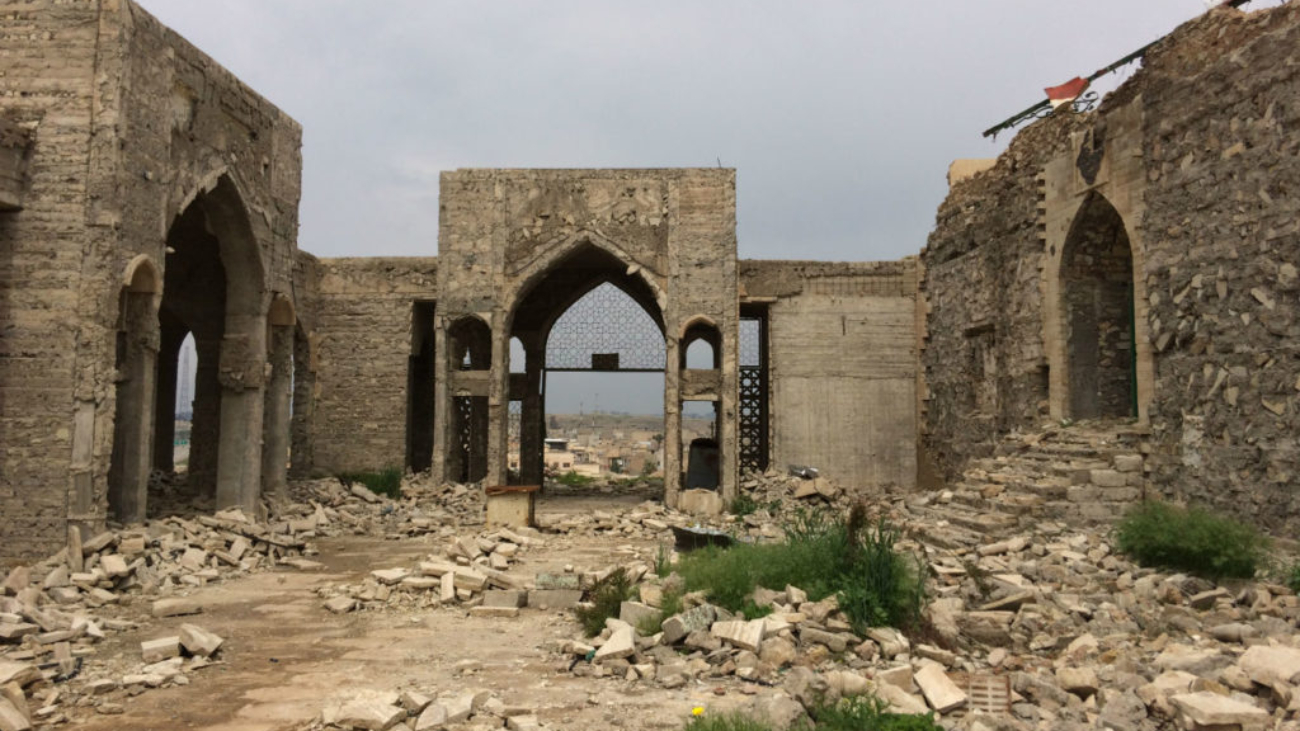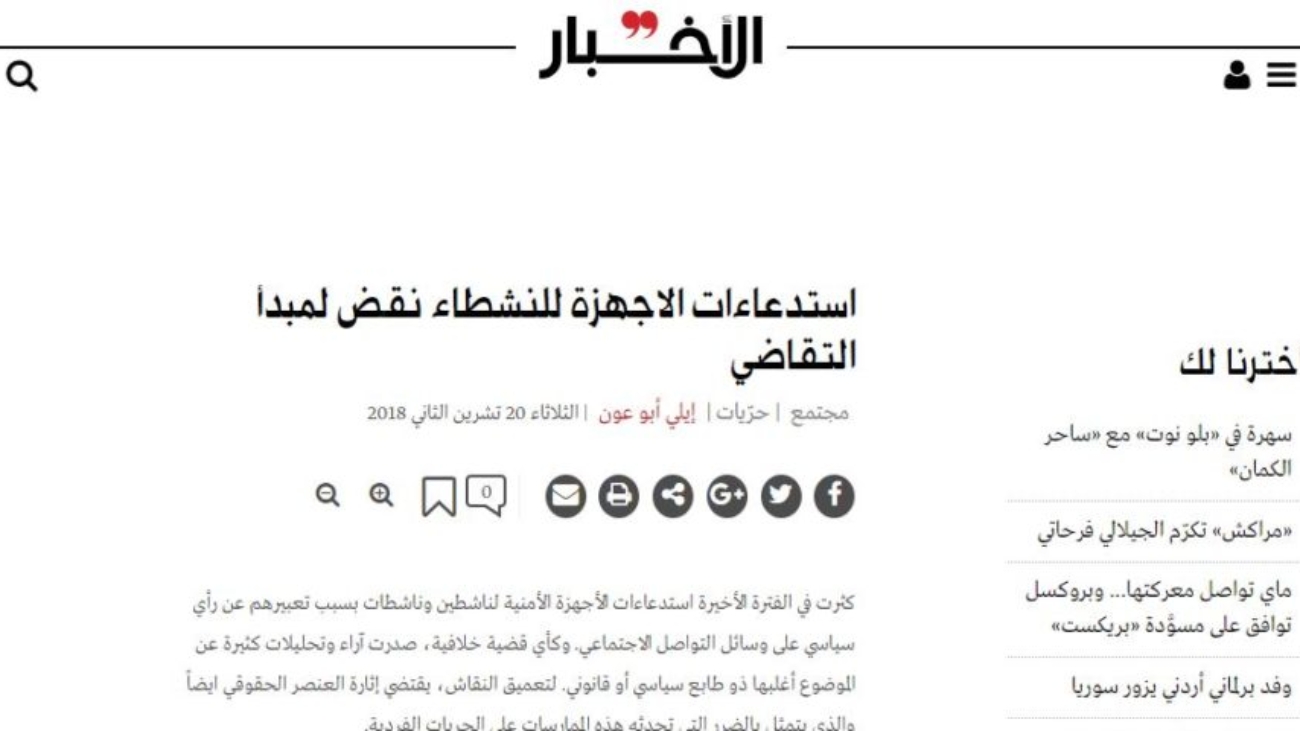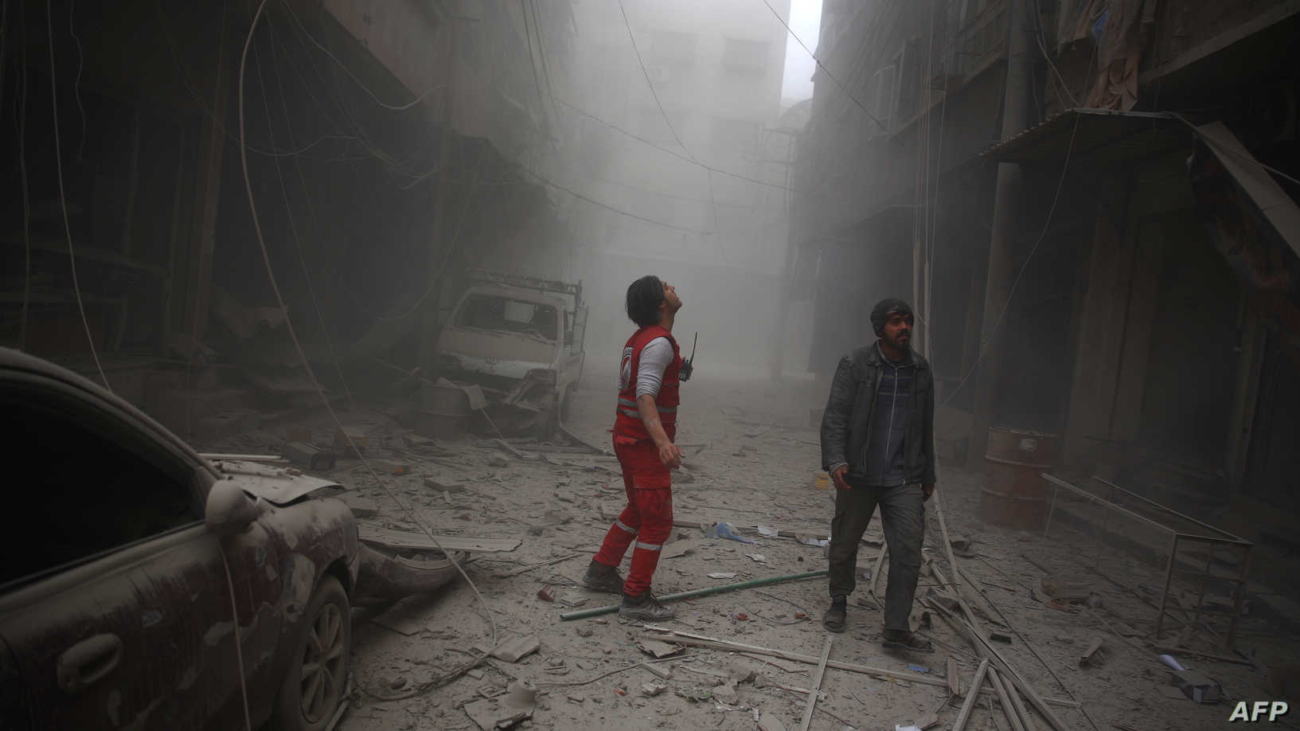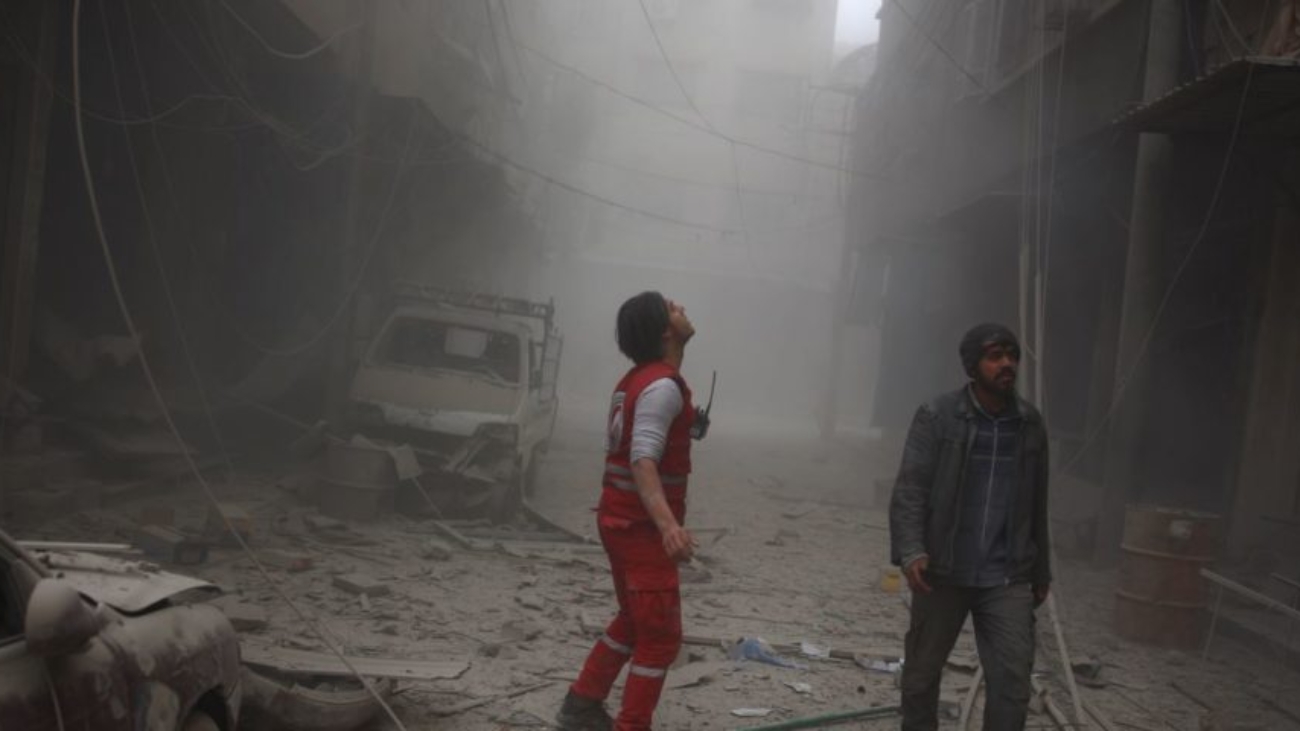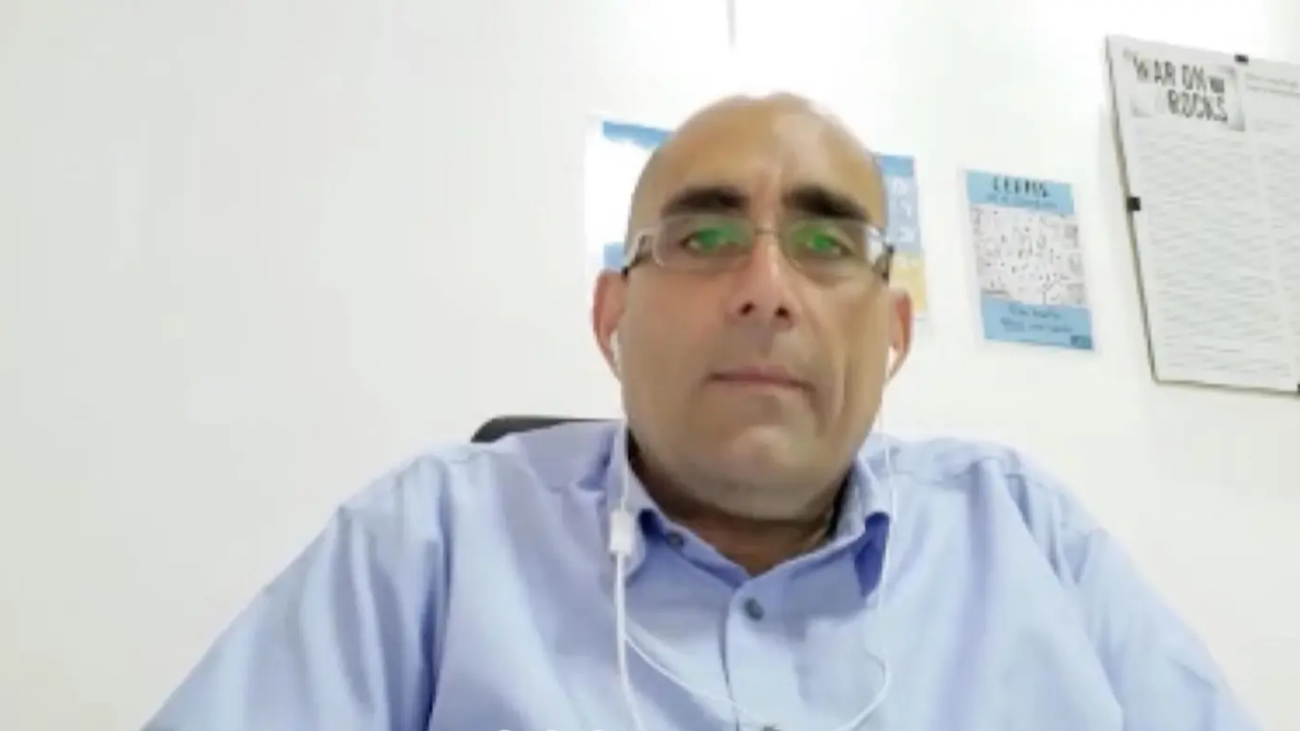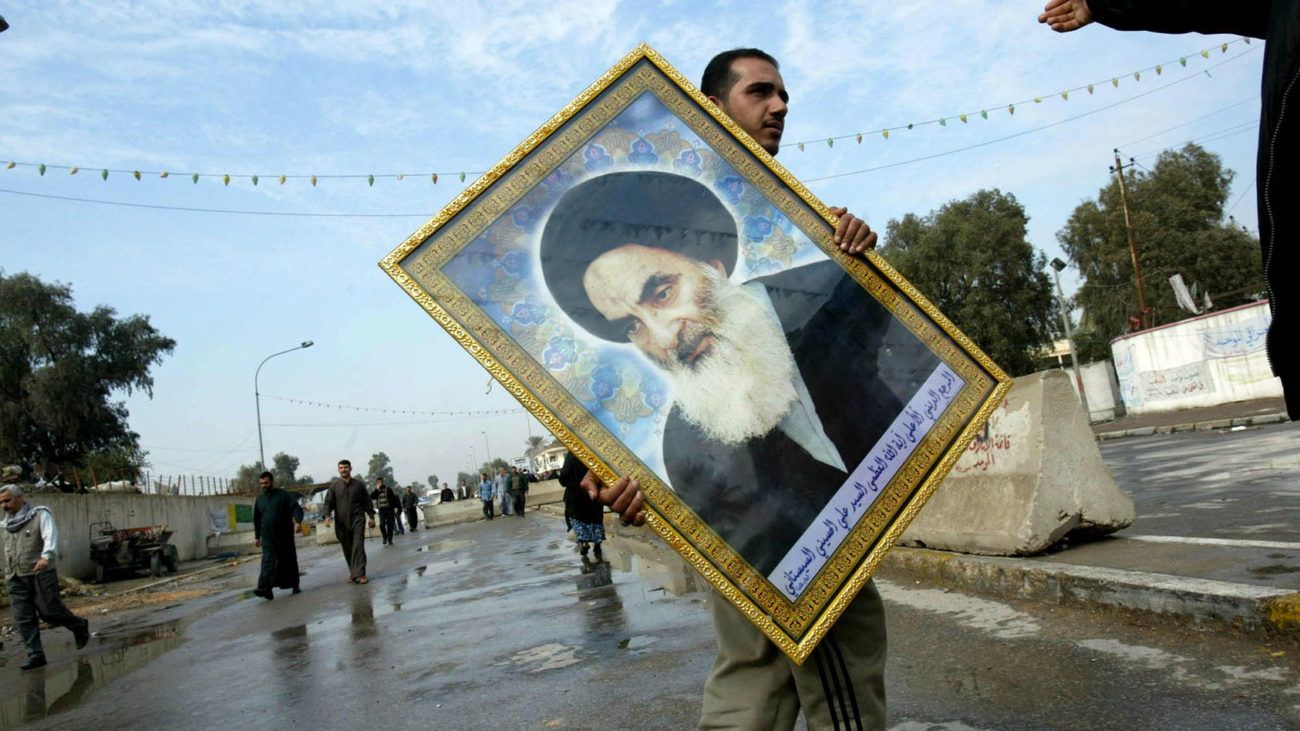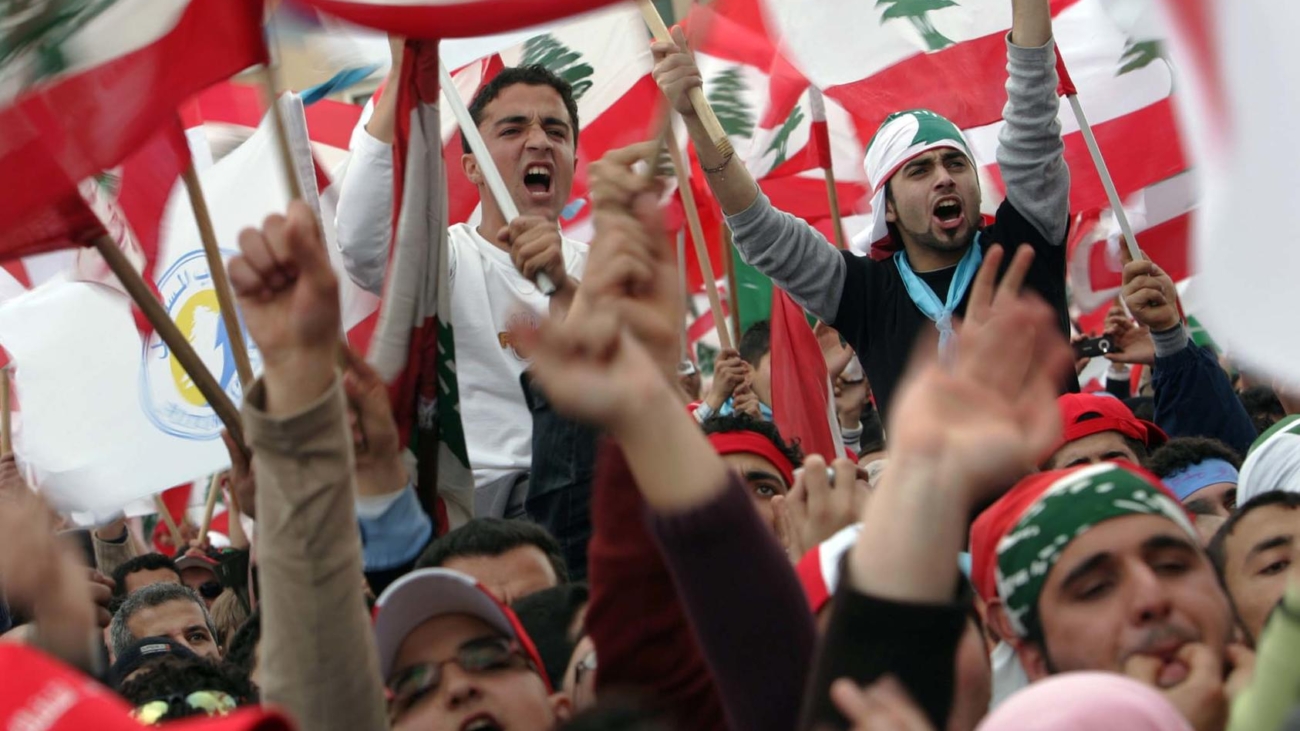THE LONG ROAD BACK FOR IRAQ’S MINORITIES
This piece was originally published on the WAR On The Rocks website warontherocks.com
Editor’s Note: This is the third and final installment of a series, produced in collaboration with the U.S. Institute of Peace, on the challenges faced by a post-ISIL Iraq. Read the first and second installments
Across northern Iraq, in places like the Nineveh Plain and Sinjar, members of the country’s ancient minorities are filtering back to towns and villages devastated during three years of occupation by the Islamic State of Iraq and the Levant. Christians, Yazidis and Shabaks, regarded as “infidels” by the now-vanquished extremists, suffered some of the greatest abuse and dislocation in Iraq’s latest spasm of violence. Even as some head home, many others have scattered to the United States, Canada, Europe and elsewhere, most likely gone for good. Still others are displaced in camps closer by, still fearful of security conditions in the neighborhoods they fled. As they seek to recover from death, destruction, and displacement, the future of Iraq’s minority communities remains precarious, particularly as the country’s biggest population groups—Shia, Sunni Arabs, and Kurds— continue to jockey for power.
If Iraq is indeed “not Iraq without its minorities,” as Iraq’s ambassador to the United States, Fareed Yasseen, put it, the country faces a critical challenge: How can Iraqis rebuild a post-ISIL state that can protect and incorporate the ethno-sectarian communities that have helped shape Iraq’s character for thousands of years?
The complexities of the task cannot be overstated. The obstacles include confronting the very nature of the modern “nation-state” and the place of minorities within it. More concretely, political jousting among Iraq’s Shia, Sunni, and Kurdish leaders pushes smaller groups to the margins. And Iraqi minorities have their own history of suppressing dissidents and rivals, which weakens their moral claims of oppression and makes it hard to build a united front to address common concerns: the destruction wrought by ISIL, the impact of political Islam, and regional powers like Iran and Turkey seeking to expand their influence.
Despite these daunting challenges, there are ways for Iraq’s long-abused religious and ethnic minorities to reclaim their rightful place in the country’s future. One far-reaching, if formidable, avenue is for these groups to lead a cultural transformation that rejects violence and exclusion as a legitimate and ordinary means of pursuing interests.
A cultural turn away from acceptance of violence as the normal way of doing business runs counter to entrenched attitudes prevalent across the Middle East. Achieving this shift will demand support and commitment from the international community and shapers of public opinion. The Iraqi government can also help elevate the efforts of civil society groups to promote dialogue and conflict resolution mechanisms that demonstrate effective alternatives to the use of force. While there’s no assurance of success, the U.S. Institute of Peace’s work with communities shows that reshaping the underlying culture of violence is the only reliable path to a secure future for minorities in Iraq.
Minorities and Nation-States: A Familiar Dilemma
The dilemma minorities pose for many states was captured succinctly by the late Max van der Stoel, who served from 1993 to 2000 as the first high commissioner of national minorities of the Organization for Security and Cooperation in Europe. In an enduring analysis, Van der Stoel wrote that the process of creating nation-states with sizeable minority communities is generally “divisive, and almost always destabilizing.” On one hand, he warned that “majorities will not go quietly in the face of separatism.” On the other, “minorities will not forever tolerate a situation where their subnational identities are considered second rate.”
The hard truth in many Middle Eastern countries—especially Iraq—is that building a state and a nation simultaneously is an obsolete and impossible proposition. One of the most common reasons for this failure is that so-called nationalist mainstreams — such as Baath parties in Syria and Iraq, secular parties in Lebanon, and Republicans in Yemen— attempt to force communities with diverse religious and ethnic backgrounds to waive their subnational identity. In theory, subnational and national identities are not mutually exclusive. But most of these attempts at cultural fusion have demanded that the subnational identity be replaced by a single national one, stripping the process of legitimacy and leading many minorities to reject the nation-state model.
Other Paths
To prevent violence, states must consider more inclusive models. Such models would separate national affiliation (that is, membership in a group that considers common ethnicity, language, or culture as the basis for the nation) from the legal status of citizenship, and divorce both from territoriality, the idea that members of a national group must be found in any particular territory within a state
Once policymakers accept that self-government does not necessarily require independence or separation, they can discover a range of governance possibilities that protect the identity of minority groups without imperiling the integrity of the state. While present-day examples are scarce, it is worth thinking, for example, about how governance could be built around “non-territorial autonomy” for individuals or communities within a state. Non-territorial autonomy aims to organize multi-ethnic and culturally fragmented states such that minority and majority populations can coexist while avoiding territorial secession, since in many states, members of these groups do not all live neatly confined to one territory.
Non-territorial autonomy has its roots in the Ottoman millet system, which established courts under which religious minorities were allowed to govern themselves for many internal issues. The system involves the creation of bodies with authority to legislate over specific political, cultural, or social matters, while territorial provinces retain governing powers over broader economic and regulatory affairs. Canada, the former Yugoslavia, and some E.U. countries have worked out arrangements of this sort to accommodate their minorities.
Such an approach could help reverse a 200-year trend in the Middle East of regarding minority groups as essentially folklore who do not deserve genuine political participation and autonomy. While Iraq’s constitution and laws promise both, the government has failed to deliver. Not only are minority groups deeply affected by continuing violence in Iraq, they also increasingly fear being edged out of political significance by the biggest groups. It turns out that minorities suffer equally whether the majority Shia population is fighting with Sunnis or reaching political accommodations with them.
Internal Conflicts
Iraq’s minorities face another underappreciated strategic danger: conflicts within and between minority groups, such as the friction between Shabaks and Christians in the Nineveh plains since 2012. Not only do these struggles make concerted political and security cooperation impossible, they jeopardize the moral case minorities can make for themselves both domestically and to the international community. It is hard to engage in self-criticism while fighting for survival, but the survival of Iraq’s minority communities depends on it.
Examples abound in the region. As soon as Iraqi Kurds took control of a “Saddam-Free” zone in the early 1990s, the two leading Kurdish political factions went to war with each other, inflicting scars on Kurdish politics that endure to this day. Kurdish autonomy after the 2003 U.S.-led overthrow of the regime in Iraq eased this factional conflict but fell short on democratic practices and government transparency, tainting the Kurdistan Regional Government’s record. In the autonomous region of northeastern Syria known as Rojava, Syrian Kurds have a worse record on tolerance, political diversity, and respect for basic rights, with political opponents arrested, prisoners suffering abuse, and the number of unsolved abductions and murders climbing.
Lebanon’s inter-Christian conflict in 1990, which many Christians consider the most traumatic round of the civil war that devastated the country between 1975 and 1990, offers another example. The phenomenon is further confirmed by Christian and Yezidi militias’ extra-judicial killings of alleged ISIL associates in some areas liberated since 2015.
The tendency has cropped up in my organization’s own work. Since 2011, the U.S. Institute of Peace has supported a group of 13 minority-based organizations that formed the Alliance of Iraqi Minorities to advocate peacefully for the rights and interests of Christians, Yazidis, Sabean-Mandaeans, Shabaks, and other minorities. During the arduous process of assembling the alliance, most members adopted exclusionary attitudes towards each other before eventually arriving at a shared vision and bylaws. They justified this stance—clearly a double standard—as a self-defense mechanism borne of the persecution they suffered at the hands of majority groups.
The root cause of these attitudes is the widespread belief in the Middle East and North Africa that violence and exclusion are acceptable tools to advance social, political, and security interests. Minority groups embrace this assumption as fully as majority groups; indeed, in Iraq, the mindset has hardened as a result of the shortsighted policy, adopted by international, regional and local powers, of arming and training minority militias to combat ISIL.
Elements of a Transformation
In the post-ISIL era, Iraq’s government and the international community are understandably focused on stabilization, reconstruction, and other building blocks of immediate recovery. Yet what’s needed most is a much deeper cultural transformation– one that leads to a broad rejection of viewing violence and exclusion as the normal instruments of conflict. That is the only way to foster a durable, dignified and safe existence for minority groups in post-ISIL Iraq.
Such change would ideally begin with the minority-led militias organized to resist ISIL deciding on their own to disarm. While disarmament may seem counterintuitive and unlikely, bearing arms is actually a source of danger for small groups, rather than a guarantee of protection. It opens the door to manipulation by regional powers and majority groups, and masks the longer-term need for political processes and a change in culture. Even the powerful Kurdish Peshmerga became an example of the limits of armed force for a minority, when it retreated from disputed territory in Kirkuk in the face of the Iraqi military and Shia militias.
Transformation would entail enlisting opinion makers, including religious leaders, journalists, educators, and international donors, to help move society toward new beliefs that promote political diversity, peaceful transfers of power, and respect for human rights. Most importantly, this worldview should reject violence and exclusion as acceptable means of achieving political goals. The need to develop and elevate a new and enlightened leadership is equally critical. Voices of reason are present among minorities but inhibited by traditional leaders and their corrupt practices. With political, technical, and financial support from the international community, emerging leaders could gain exposure and widen their influence.
Then there is the issue of narratives. Some minority communities develop and disseminate narratives that over-emphasize their own victimization while placing collective—and excessive—blame for ISIL massacres on entire tribal, ethnic or religious groups. In the wake of the Camp Speicher massacre in Tikrit in 2014, Shia tribes accused two whole tribes (Albu Ajil and Albu Nasr) of being behind the tragedy. Similar collective accusations, as well as calls for collective sanctions, were leveled against some Sunni tribes in Hawijah and Sunni Turkmen in Telafar.
Misleading narratives also overlook the fact that a significant percentage of post-2014 internally displaced persons in Iraq are Sunni Arabs; that Sunni areas are as ravaged by war and ISIL as Nineveh Plains and Sinjar are; and that previous political exclusion and corruption affected Sunni Arabs—as well as Shia Arabs—as much as it affected Christians, Sabeans, or Yezidis. Correcting these perceptions is crucial for making the case that minorities deserve solidarity and support. Minority thought leaders could shine light for their compatriots on the plight of non-minority groups, drawing on readily available evidence. For instance, faith leaders might start to promote inclusive politics, nonviolence, and rights-friendly practices rather than competing over descriptions of ISIL’s atrocities and arguing whether Christians or Yezidis suffered more.
Several other elements are required for Iraq’s minorities to complete a cultural transformation. The first is recognizing reality. The perpetual hope for Western support that will afford them militarized protection from, and leverage over, Sunnis and Shias is a failure to grasp the likely future. International support is going—and will continue to go—to these two major groups and to the Kurds, who have something to offer strategically. Iraq’s demographic balance will not be reversed. Every minority community needs to think about how to live and interact with the major and other minority groups and not indulge in militarized dreams.
Second, minorities should abandon insular views that instinctively reject “the other.” This includes changing the belief that disputes between minorities and majority groups must be zero-sum. Adjusting views of the “other” also means accepting the diversity of other minorities, and the full range of opinion within each minority group. Above all, it is a commitment not to use violence and exclusion to address conflict.
In the shorter term, political and governance reforms can contribute to minority communities’ renewal and survival. Such advances include making space for the emergence of new, enlightened minority leaders; winning agreements to disarm from the proliferating militias of minorities; and rethinking governance frameworks to ensure that minorities have genuine, fair political representation.
Retaining the rich diversity of Iraq’s ancient civilization will demand bold, new, even untested approaches that meet the intertwined challenges of governance, identity, and conflict management. Nothing short of a cultural transformation will produce an environment of safety and dignity for small groups and achieve a broader peace for the bigger ones. Without this transformation, the liberated areas—and Iraq in general—may be rebuilt for now, only to witness smaller wars in the short term among the country’s ethnic, sectarian and national groups. Escaping these cycles of violence, and ultimately extricating the United States from Iraq, will require creativity, wisdom, and international support. Assuring the dignity, safety, and survival of Iraq’s minorities is a good place to start.

